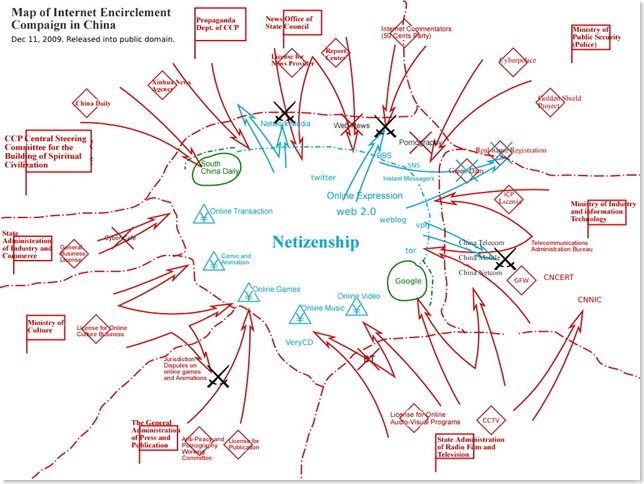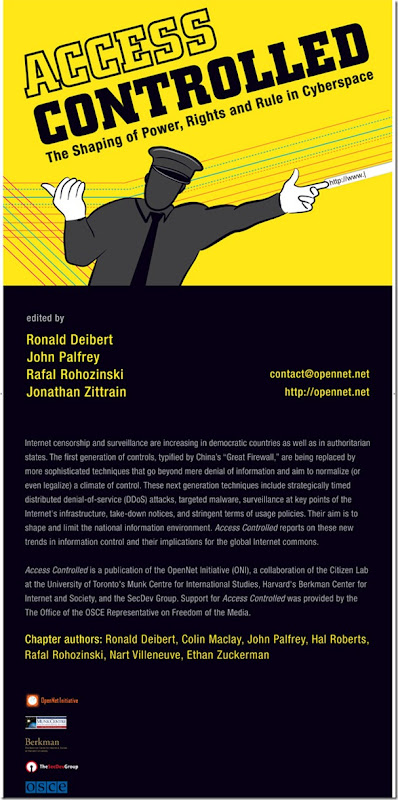Abstracts of the Chinese Posts at BlawgDog from Dec 3 to Dec 13
Seven Chinese posts have been posted to the Blawgdog from December 3rd to December 13th, 2009. Here are the brief one-sentence abstracts for the English readers’ reference:
- A broadcast station = A Karaoke Shop?
This essay roughly compared the standard of remuneration of using music recordings in the broadcast and TV programs (promulgated by the State Council, and will be enforced since 1 Jan 2010) and the standard of royalty to the Karaoke shops (provided by the state administration of copyright). It seems the former is very low. And it seems the state owned enterprises (all broadcast and TV Stations) always get more institutional benifits than the private enterprises (most Karaoke Shops are of private) in the entertaimet industry. - Fighting Google Unarmed?
This article has been translated into English, click here. - Answer Shizhao: why searching Books will infringe the copyright but searching webpages will not?
Shizhao is the top cordinator of the Wikipedia Chinese. He asked the question at BlawgDog. As for “why searching books will infringe the copyright”, some of the answers are translated into English at here. As for the webpage searching, I pointed out that actually even (1) searching the webpages; (2) providing the cached pages may infringe the copyright under Chinese copyright law. - It Is Contrary to the Right Way of the Internet: On Article 36 of the drafting China’s Tort Law
China is drafting a Bill of Tort Law. In its exposure draft, Art. 36 burdens the ISPs joint liability to all kinds of torts (with a safe harbour of notice -nd-take-down). I strongly opposed this provision in this short comment. - The Function of the Domain Name Registration Informations: Protect Private Rights but not Aid Social Control.
The information provided by the registrants for domain name registration are originally functioned as a facilitation of protecting either the rights in trademark or the right of the domain name holders. However, some Chinese administration made the mistake and thought they can be used to aid the social control. - Academic Paper: The Review and Reflection of the History of China’s Regulations on Domain Names.
My 2005 paper and had never been published at Blawgdog. I republish it because the new round of Internet controlling compaign in China is focusing on the domain names. Some of my arguments in the paper are still useful for the current situation. - Ploughing the way to the Civil Society: the Qualification of Registrating .CN
China actually had never permit the individuals registering .cn domain names. But the customary law and even the dispute resolution had admitted the right of individual .cn holders. Now the customary law encountered the state law when the government swipe the Internet recently in the name of anti-pornography.





